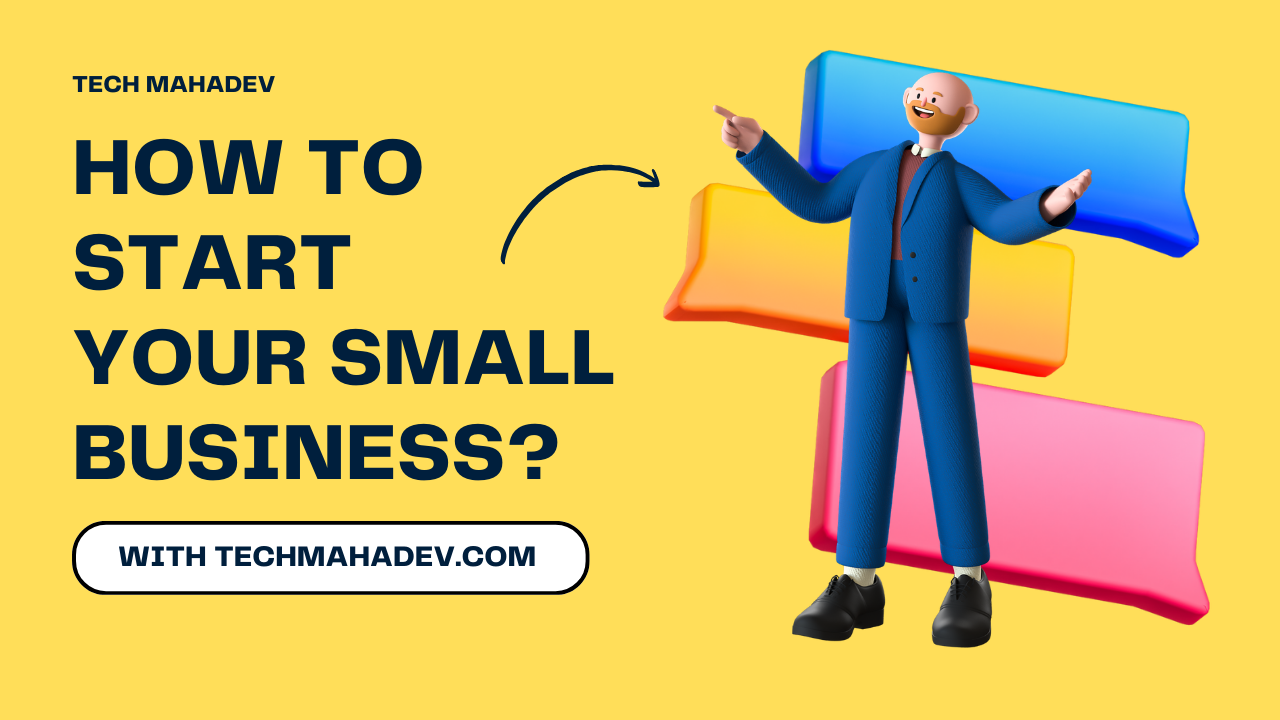Introduction of Best AI Tools for Small Businesses
Artificial Intelligence (AI) is no longer a luxury reserved for big corporations. Today, small businesses can leverage AI tools to automate tasks, analyze data, and compete in fast-paced markets—often at a fraction of the cost. From managing customer relationships to creating marketing content, AI is reshaping how small businesses operate.
In this guide, we’ll explore the 10 best AI tools for small businesses in 2024, focusing on affordability, ease of use, and real-world impact. Whether you’re a solopreneur or a growing team, these tools will help you save time, reduce costs, and scale smarter.
Table of Contents
Why Small Businesses Need AI Tools (Best AI Tools for Small Businesses)
AI isn’t about replacing humans—it’s about empowering them. Here’s how AI tools can benefit small businesses:
- Automate repetitive tasks (e.g., invoicing, social media posting).
- Enhance decision-making with data-driven insights.
- Improve customer service via chatbots and personalized interactions.
- Reduce human error in workflows like accounting or inventory management.
Our Selection Criteria (Best AI Tools for Small Businesses)
To curate this list, we prioritized tools that are:
- User-friendly: No coding or technical expertise required.
- Budget-conscious: Free plans or affordable pricing tiers.
- Scalable: Grow with your business needs.
- Proven effective: Trusted by real small businesses.
10 Best AI Tools for Small Businesses
1. Grammarly
Use Case: Writing & Communication
Grammarly’s AI-powered writing assistant helps craft professional emails, proposals, and marketing copy. It checks grammar, tone, and clarity in real time.
- Key Features: Tone detector, plagiarism checker, browser extensions.
- Pricing: Free plan available; Premium starts at $12/month.
- Why It’s Great: Ideal for non-writers to maintain credibility in client communication.
2. Canva Pro
Use Case: Graphic Design
Canva’s AI-driven design tools let you create logos, social media posts, and ads effortlessly. The “Magic Design” feature generates templates based on your prompts.
- Key Features: Brand kit, background remover, AI image generator.
- Pricing: Free plan available; Pro starts at $12.99/month.
- Why It’s Great: Eliminates the need for a dedicated designer.
3. HubSpot CRM
Use Case: Customer Relationship Management
HubSpot’s free CRM uses AI to track leads, automate follow-ups, and segment audiences. Perfect for sales teams juggling multiple clients.
- Key Features: Email automation, contact management, deal tracking.
- Pricing: Free forever plan; paid tiers start at $20/month.
- Why It’s Great: Centralizes customer data without overwhelming beginners.
4. Zia by Zoho
Use Case: Business Analytics
Zoho’s AI assistant, Zia, analyzes sales trends, predicts revenue, and generates reports in plain language. Integrates seamlessly with Zoho’s suite of apps.
- Key Features: Sales forecasting, anomaly detection, natural language queries.
- Pricing: Starts at $20/user/month.
- Why It’s Great: Turns complex data into actionable insights.
5. ChatGPT
Use Case: Content & Ideation
OpenAI’s ChatGPT helps brainstorm blog ideas, draft product descriptions, and even script YouTube videos. Customize responses to match your brand voice.
- Key Features: Code interpreter, GPT-4 model, prompt library.
- Pricing: Free version available; Plus plan at $20/month.
- Why It’s Great: A versatile “virtual assistant” for content-heavy tasks.
6. QuickBooks AI
Use Case: Accounting & Finance
QuickBooks uses AI to categorize expenses, generate invoices, and forecast cash flow. Syncs with bank accounts for real-time financial tracking.
- Key Features: Tax deductions finder, receipt scanning, payroll automation.
- Pricing: Starts at $30/month.
- Why It’s Great: Simplifies accounting for non-finance professionals.
7. Hootsuite AI
Use Case: Social Media Management
Hootsuite’s AI recommends optimal posting times, generates captions, and analyzes engagement metrics across platforms like Instagram and LinkedIn.
- Key Features: Content calendar, sentiment analysis, competitor tracking.
- Pricing: Starts at $99/month.
- Why It’s Great: Saves hours on social media strategy.
8. Trello with Butler
Use Case: Project Management
Trello’s Butler automation uses AI to assign tasks, set deadlines, and send reminders. Perfect for remote teams managing multiple projects.
- Key Features: Custom workflows, calendar sync, rule-based triggers.
- Pricing: Free plan available; Business Class at $10/user/month.
- Why It’s Great: Turns Trello boards into self-managing workspaces.
9. Calendly
Use Case: Scheduling
Calendly’s AI eliminates back-and-forth emails by letting clients book meetings based on your availability. Syncs with Google Calendar and Zoom.
- Key Features: Time zone detection, buffer times, group polls.
- Pricing: Free plan available; Premium starts at $8/month.
- Why It’s Great: Streamlines appointment-setting for service-based businesses.
10. Jasper AI
Use Case: Marketing Copy
Jasper generates SEO-friendly blog posts, ad copy, and website content in seconds. Tailor outputs to your niche with custom “brand voice” settings.
- Key Features: 50+ templates, plagiarism checker, multilingual support.
- Pricing: Starts at $49/month.
- Why It’s Great: Cuts content creation time by 80%.
Free AI Tools for Small Businesses (Best AI Tools for Small Businesses)
On a tight budget? Try these free options:
- Canva Free: Design social media graphics.
- Grammarly Free: Basic writing assistance.
- HubSpot CRM Free: Manage up to 1 million contacts.
- ChatGPT Free: Access GPT-3.5 for content ideas.
How to Implement AI Tools in Your Business (Best AI Tools for Small Businesses)
- Identify pain points: Start with tasks that drain time (e.g., invoicing, email responses).
- Test free trials: Most tools offer 7–14 days to explore features.
- Train your team: Host a 30-minute demo to ensure smooth adoption.
- Monitor ROI: Track metrics like time saved or customer engagement.
Final Thoughts
AI tools are game-changers for small businesses looking to punch above their weight. By automating mundane tasks and unlocking data-driven strategies, you can focus on what truly matters—growing your business and serving customers.
Pro Tip: Start with 1–2 tools that address your biggest bottlenecks. As you gain confidence, expand your AI toolkit to stay ahead of competitors.







